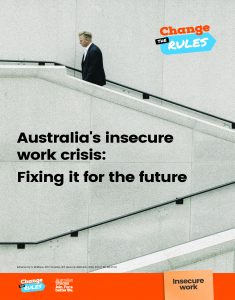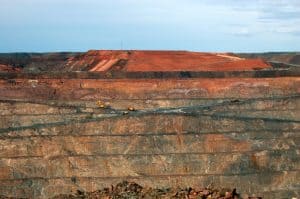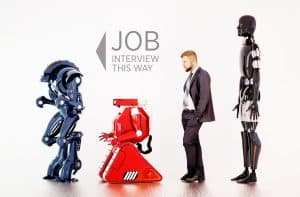“A new strategy to produce low-cost sensors that allow ultrasensitive detection of ultraviolet radiation (UVR) by the naked-eye is described in Nature Communications this week. The sensors, which are paper-based and wearable, could enable users to manage the impact of UVR on their daily lives.”
The workplace relevance of such a device should be obvious – far more obvious than the wording of the



 At Australia’s
At Australia’s 